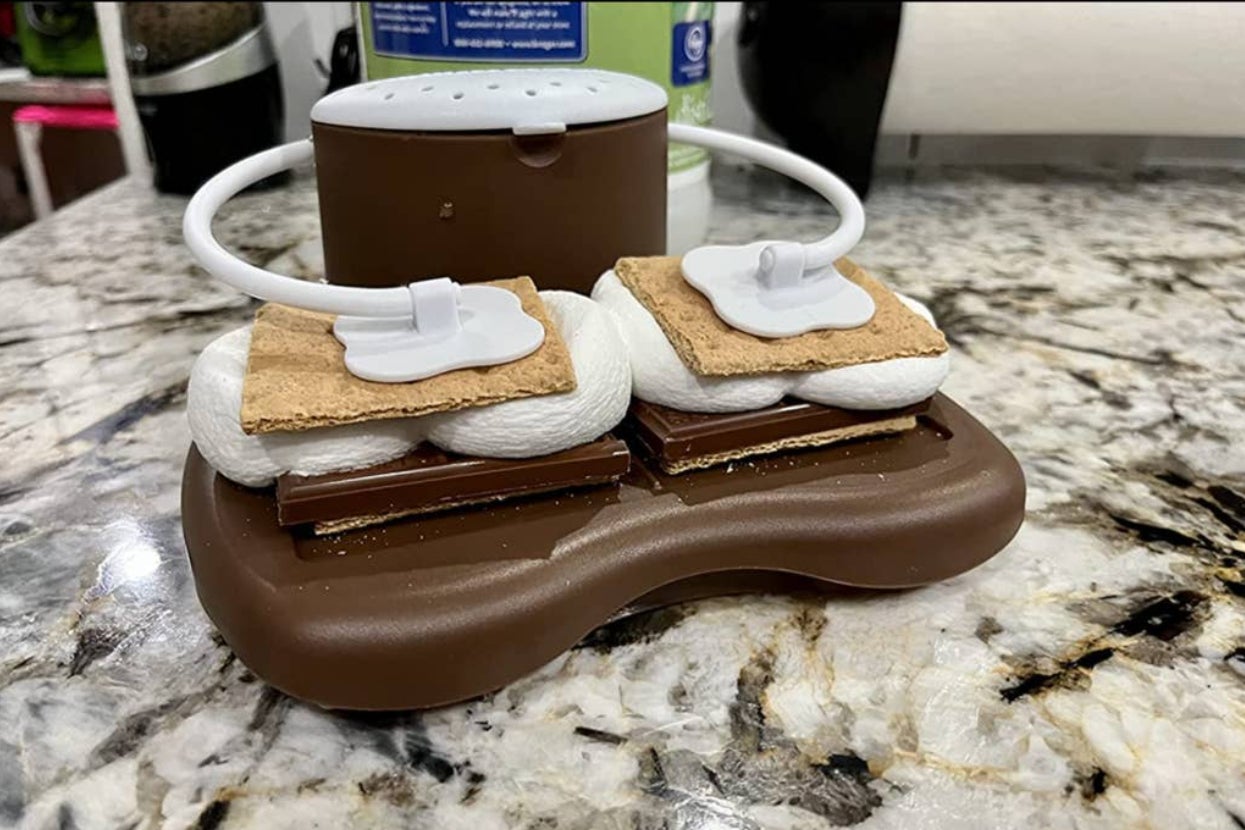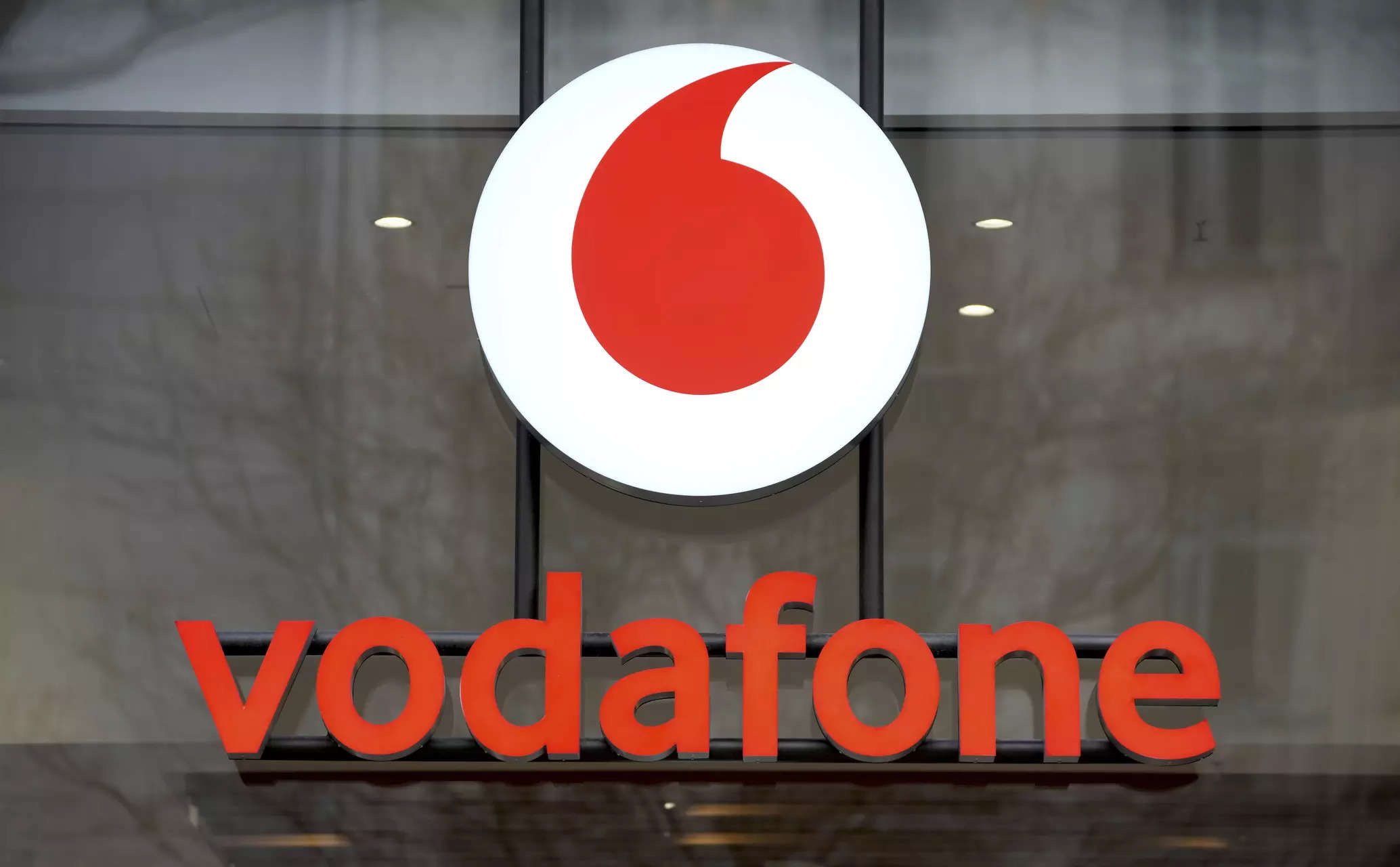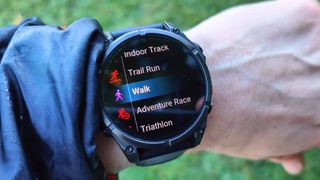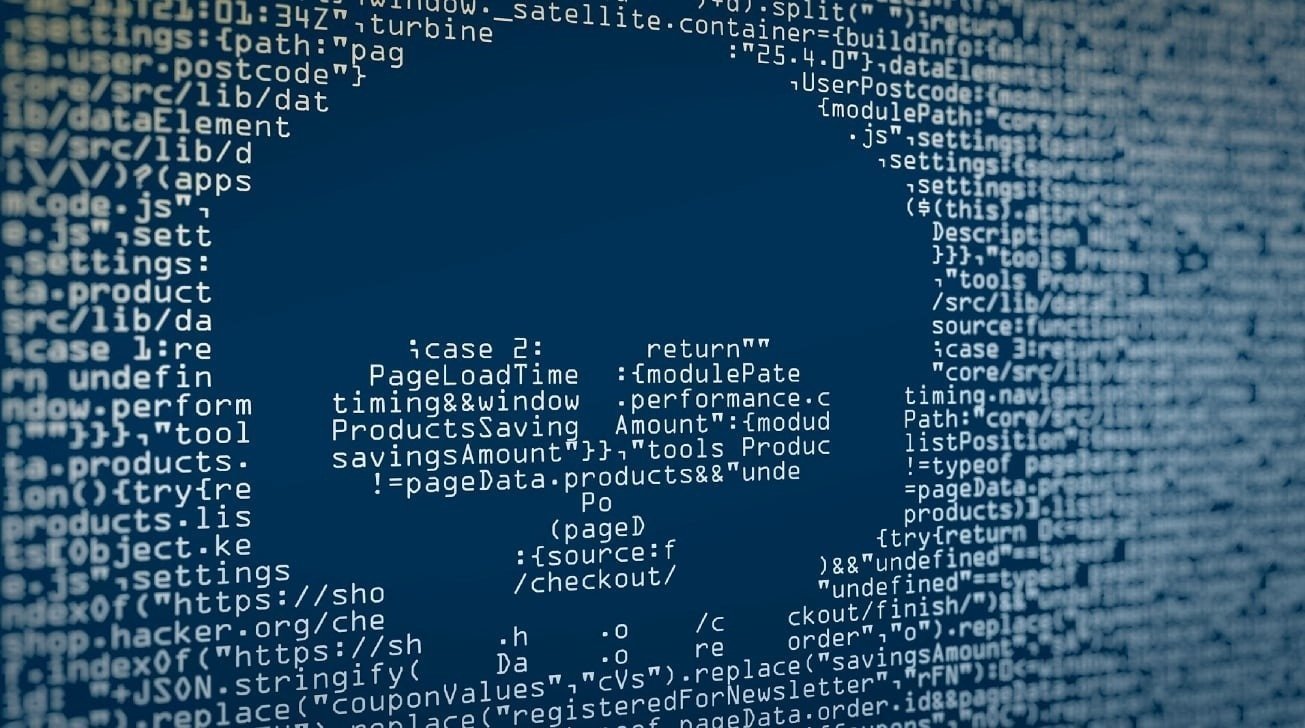
A photo shared on a social media platform early Wednesday shows stacks of instant cup noodle boxes inside a convenience store. The uploader said he purchased them following President Yoon Suk Yeol’s declaration of martial law on Tuesday night. Screen capture from online community Instant noodles, water bottles dominate online keyword searches By Ko Dong-hwan At Homeplus' online mobile platform, real time hot keywords show milk, rice, instant noodle, drinking water, dumplings and rice (10kg) are ranked among top 10 as of Wednesday at 1 a.
m. Screen capture from Homeplus website Sales of food, water and other essentials surged late Tuesday night after President Yoon Suk Yeol's martial law declaration, indicating that worried citizens hurried to stock up in case the military intervention disrupted their usual shopping routines. Both on and offline stores saw items being sold faster than usual.

People rushed to certain online shopping platforms, causing bottlenecks and taking business operators hours to ship ordered purchases to their customers. After the controversial declaration was aired at 10:25 p.m.
, the shopping spree started showing signs nationwide. The panic buying began shortly after the controversial declaration was broadcast at 10:25 p.m.
, spreading rapidly across the country. Convenience stores, most of which operate 24 hours a day, experienced a surge in customers after the announcement. With most discount chain stores already closed and supermarkets getting ready to close, convenience stores became the last accessible option.
Convenience franchise companies saw sales surge less than two hours after the announcement. Between 11 p.m.
and midnight, one retailer saw sales of canned foods increase by 75.9 percent from the previous day. Sales of microwavable rice increased by 38.
2 percent, bottled water by 37.4 percent, instant noodles by 28.1 percent, batteries by 25.
7 percent and other food products by 23.8 percent. Another major convenience franchise operator saw a surge in sales across its 4,000 stores concentrated around residential areas.
Compared to a week before, the company saw sales of drinking water rise by 23.1 percent, instant noodles by 16.4 percent, canned foods by 15.
5 percent, microwavable rice by 14.8 percent and first-aid items by 12.1 percent.
A married couple bought four boxes of instant noodles from a convenience store and shared online a photo of the boxes stacked on top of one another. Another shopper said they stocked up on energy bars, bread and chocolates “to prepare for possible food shortages and to avoid cooking.” “Canned foods were sold fast because they can be stored for a long term,” a convenience franchise industry official said.
“The shopping rush was mostly active around residential areas and carried out by those in their 50s and 60s.” Rushed purchases were more visible online, where people more actively searched for information, shopped, paid and requested delivery late at night. Real-time hot keywords on Naver, the country's largest online search engine, showed the words “drinking water” jumping from 10th to 6th at 12:01 a.
m. in just one hour. The top three keywords on the online platform of the discount store chain Homeplus at 1 a.
m. included “milk,” “rice” and “instant noodle.” Even on 11Street, a shopping platform usually dominated by fashion-related searches, instant noodles climbed to fifth place among real-time hot keywords around 1 a.
m., highlighting the late-night surge in demand for essential food items. People particularly flocked to Coupang, Korea's largest online shopping platform, until midnight when its Rocket Delivery service ended.
Social media platforms saw users share what they purchased just minutes or a few hours ago. A mother of a baby said that out of concern for her child, she bulk-purchased powdered milk cans and diapers on Coupang. Another said he bought supplies of butane gas cans, milk and bread enough to last for a week.
.














